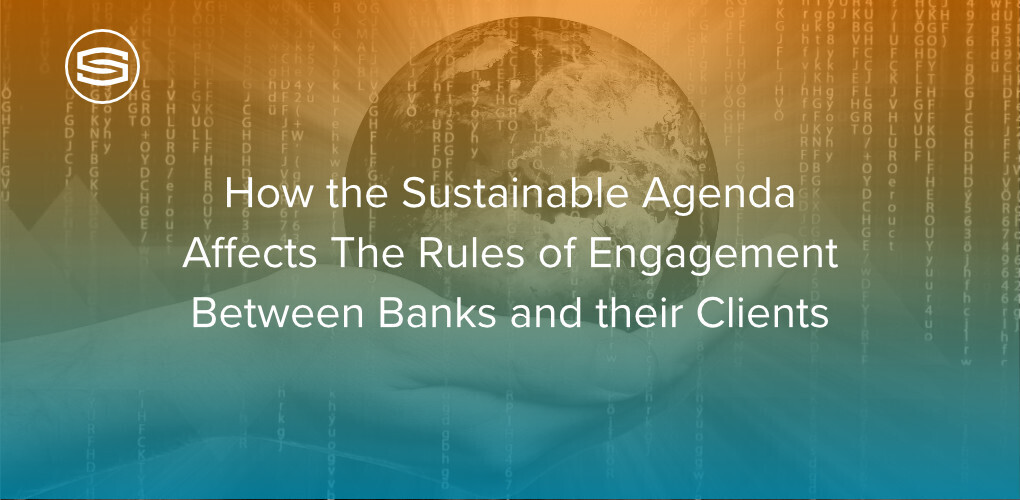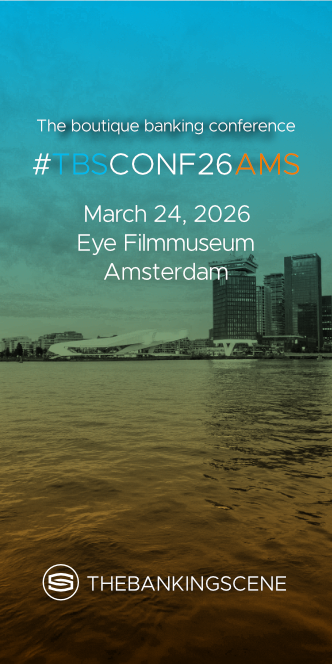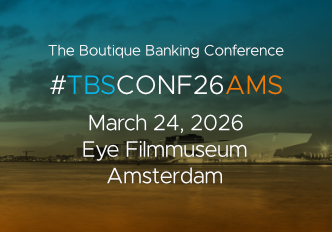
Insights & Opinions
How the Sustainable Agenda Affects the Rules of Engagement Between Banks and their Clients
Mon, 04 Mar 2024


The banking sector stands at a crucial crossroads, with sustainability now at the forefront of its transformation journey. That means that if we want to discuss how the rules of engagement between banks and their clients are being transformed today, we cannot ignore this transition.
On January 30, we organised a panel with key voices from the Luxembourg banking industry to discuss exactly this with Virginie Etienne, Head of Offering and Change from Julius Baer, Julien Froumouth, Head of Sustainability at ABBL and Georges Heinrich, Chief Sustainability Officer at Banque Raiffeisen, and also responsible for HR and communication of the bank.
Three different perspectives from a private bank, a retail cooperative, and the Luxembourg Association for Banking. One scanning regulation, one with a more compliance perspective, and one looking at how to communicate it to clients and employees.
The common denominator of all three panellists was, obviously, the conclusion of how important ESG is in banks today. It is a term in transition. ESG is no longer optional and changes constantly, an evolution that has accelerated with the geopolitical instability of the last few years.
I want to emphasise that investment products and savings were the main points of attention in this discussion.
Both Julius Baer and Banque Raiffeisen had a sustainable agenda long before today’s wave of regulations started. Nevertheless, there was a clear consensus that regulation has a positive effect on making banks and their customers aware of the role that they have in the green transition. These regulations are more than just compliance checkboxes; they are reshaping the very fabric of retail and cooperative banking, and they make bank’s efforts for a greener future more comparable.
Thanks to a more mature regulatory framework, banks and investment companies have much more data as well to build an ESG strategy and product offering.
Perhaps more importantly, it obliges every bank to set up a dialogue with clients to better understand their ESG preferences. It is a unique opportunity for banks to better understand their clients and get a better idea of their values and aspirations. Banks that master that kind of empathy will make a better connection with the clients, not just on a financial but also an emotional level.
Yet, some argued that the effectiveness of these new laws could be better, and perhaps a slower pace of change is desired to evaluate the next steps going forward.
People don’t like change, so although we all acknowledge the importance of the green transition, there is a growing resistance against the many regulations that lack standardisation. They are often inconsistent and remain unstable with frequent changes, and it affects everything. This means that, on the one hand, banks are expected to engage with their clients on the topic, but on the other hand, these bank advisors are often paralysed, not really knowing what to do or how to translate ESG into the customer contact.
That is unfortunate because, in the end, it is the interaction between banks and their customers that will determine the success of ESG measures and the transition at large.
It is the engagement between both that will make people aware of how they can influence the planet for future generations. This won't be achieved by simply explaining the Sustainable Finance Disclosures Regulation (SFDR) to clients, but rather by having a dialogue with them to understand their preferences and matching them with the requirements of the regulation.
Trust will not grow with a banker who simply recites legal jargon related to Article 8 and Article 9. However, if the banker explains the importance of these articles in simpler terms that the client can easily understand without delving into unnecessary detail, then trust can be established.
It is that engagement that not only holds banks accountable but also makes customers responsible for the impact of their money and financial products.
As discussed, banks cannot do it alone. I’m not saying that to take away responsibility from the industry, but it requires action from all stakeholders involved. That means that banks should step up their game to better educate employees, customers and everyone involved in implementing new ESG initiatives. That would help to stop looking at these initiatives as a necessary pain but as a responsible and smart thing to do to change society for the better.
Banks should not become gatekeepers of change but rather be partners for their clients in the transition, explained some of the panellists, by aligning financial mechanisms with industrial logic and national objectives to support the real economy’s transition to sustainability.
The panel concluded that the only way to achieve that is to build a positive narrative around ESG, to overcome fatigue and frustration caused by the complexity of these complex topics.
As a panellist said: “If our own people and first and foremost, our relationship managers, are not convinced by the positive narrative, and by the possible positive outcomes of what we're doing, we have no chance in hell on earth to succeed.”
There are enough positive angles to build a compelling story, making sure everyone is enthusiastic about how sustainability affects the rules of engagement.
Conclusion
In wrapping up, the panellists collectively acknowledged the critical importance of ESG in the banking sector. They highlighted the challenges posed by complex regulations, the imperative of education, and the development of a positive narrative. These elements are key to effectively engaging both employees and customers in the sustainable transformation of the banking sector.
As we look forward, it's clear that the journey towards sustainable banking is not just a trend but a fundamental shift in how the financial world operates and interacts with our broader societal goals.


